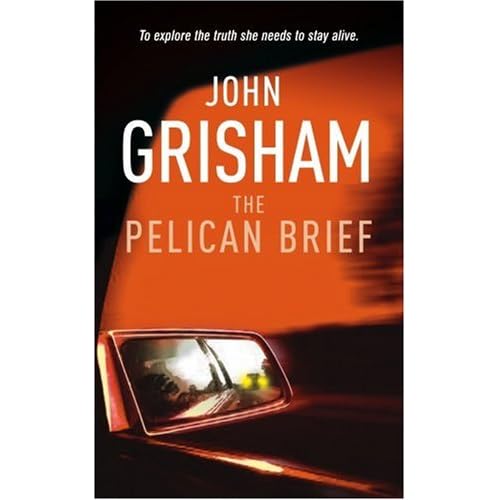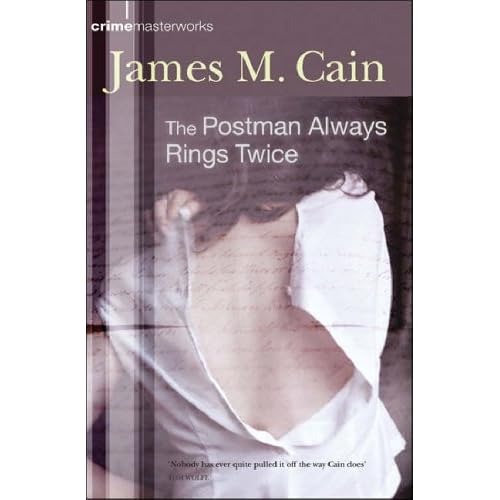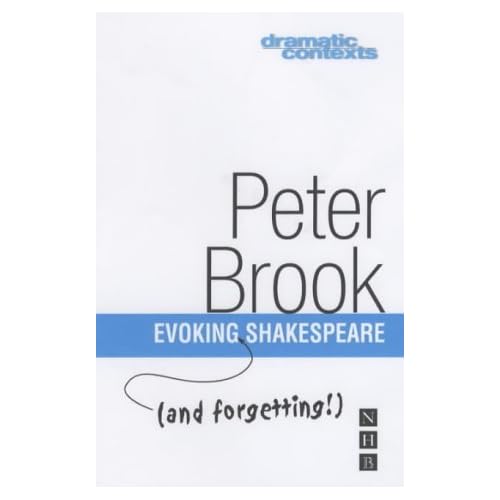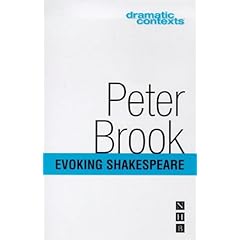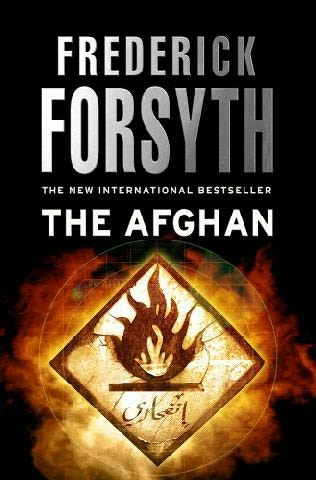
Maybe I just wasn’t in the mood (although when I bought it I thought I was); maybe it was watching the excellent BBC series, The State Within, at the same time as reading; maybe it was coming to the book straight after Agatha Christie’s masterpiece, The Murder of Roger Ackroyd – but Frederick Forsyth’s ‘thriller’, The Afghan proved to be more a damp squib than pyrotechnic display.
All the constituent parts were in place – action man hero, terrorist bad guys, secret service intrigue and obligatory cock-up and miss-timings; suitable locations were exploited; enough people, including the obligatory innocent, were killed – but nothing stood out, nothing gripped – it was just like sitting in a cooling bath – warm enough to keep you in, but almost cold enough to force you to move: Inertia is a significant factor in the choices people make.
In previous Forsyth reads I’ve never been so unexcited – or uninterested.
Key to my disappointment is this feeling of detachment – I quite frankly didn’t care about any of the participants. It is in the nature of the genre that character is not greatly developed, but there is a need for a sharpness of outline, some individuation, telling details to hook on to. Mike Martin, the hero, is far too obvious to be real – there is no way I want a Colonel in the SAS to have Lawrence of Arabia as his favourite film – or to think in terms of tatty emotional-knee-jerk poetry: This is dumbing-down in an obvious way. The Afghan himself – prisoner in Guantanamo - despite showing flickers of life, especially in his youth, turns into the ‘justified’ terrorist; Forsyth’s attempts to humanise sounding more like wishy-washy liberal, coffee-table sociology than solid realities.
So too with the locations. In Forsyth’s Icon I could recognise Russia – the Moscow of post Soviet collapse – and that despite knowing factually it was not quite right in several places (I was living in Moscow at the time I read it); what it captured was one of the senses of psychological place that were potentially post Yeltsin Moscva.
Not one location in The Afghan gave me anything other than a feeling of umbrella-stand to hang a piece of plot on. Whether it was the seriously spectacular mountains of Afghanistan, the luscious blues of the Arabian gulf, the dripping mosquito heat of the tropics or the cold chill rounding the southern tip of Africa late in winter – none appeared in my inner mind as I read of events taking place ostensibly in a globalised terrorists-free-to-wander world.
Strangely, at times, I had a suspicion that Forsyth was thinking in terms of film – sketching in plot and focus points which the actual location will screen fill, the sound effects and music-track excite, the quick cutting and camera close-up thrill. There was no stronger incident in the book than the Russian helicopter rising into the air and coming into the attack – it would make a stunning sequence – on the page it was reduced to events.
I will watch the film when it comes out – it should be a good action movie (although the basic terrorist plot did stretch believability I’m afraid). The book, however, is destined for the reject pile.
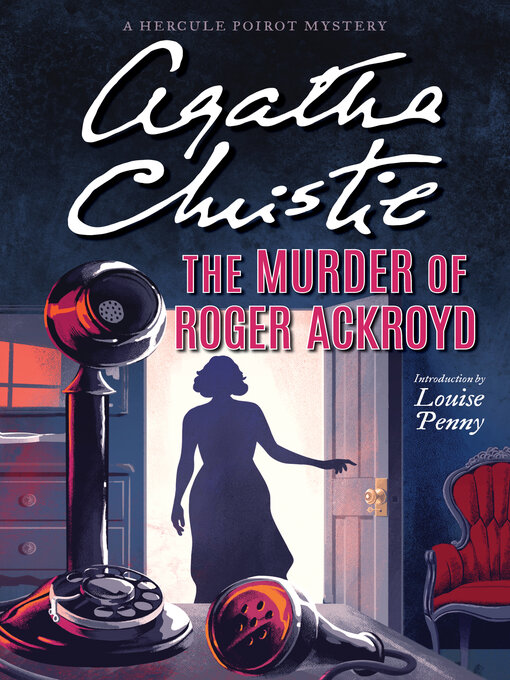

 Fortunately,
Fortunately,  the most, "We are not amused!"
the most, "We are not amused!" As such, any individuality or personality has been subsumed under the mantel of duty ...and that is Mr Bennett's starting point. Through her passion for reading, the character of the Queen undergoes an education which releases her individuality and causes her to reject that lifetime of duty.
As such, any individuality or personality has been subsumed under the mantel of duty ...and that is Mr Bennett's starting point. Through her passion for reading, the character of the Queen undergoes an education which releases her individuality and causes her to reject that lifetime of duty. As the Queen, tentatively at first, makes her way through the world of literature she absorbs everything from high to low. It causes her to ask embarrassing questions about Jean
As the Queen, tentatively at first, makes her way through the world of literature she absorbs everything from high to low. It causes her to ask embarrassing questions about Jean  With a clear and unambiguous title,
With a clear and unambiguous title,  It does, however, nod in the direction of better cooking in that it titillates the appetite – usually with a dark humour.
It does, however, nod in the direction of better cooking in that it titillates the appetite – usually with a dark humour. key role in searching out these essentials – just as Roseline, the truffle hunting pig, searches and earns her keep rooting for what is essentially a parasitic fungus sucking away at the roots of healthy oak trees.
key role in searching out these essentials – just as Roseline, the truffle hunting pig, searches and earns her keep rooting for what is essentially a parasitic fungus sucking away at the roots of healthy oak trees. I take it the people talking in that way either use a pair of scales to determine the quality of literature or have senses so exhausted from reading too many words as to be unable to determine true quality when it bites them.
I take it the people talking in that way either use a pair of scales to determine the quality of literature or have senses so exhausted from reading too many words as to be unable to determine true quality when it bites them. Florence is a young, talented, classical musician with an inability to see anything of interest in the popular music of her day; Edward, whilst being a little more flexible, swings a different direction – he dreams of fathering a daughter who would follow her mother into the world of music, possibly as a violinist (but, you never know, maybe with an electric guitar).
Florence is a young, talented, classical musician with an inability to see anything of interest in the popular music of her day; Edward, whilst being a little more flexible, swings a different direction – he dreams of fathering a daughter who would follow her mother into the world of music, possibly as a violinist (but, you never know, maybe with an electric guitar).
 classic of ‘British humour’ is possibly a dangerous thing – But … it is quite beyond me why the Cambridge ESOL Examinations Board should have set Kingsley Amis’s ‘
classic of ‘British humour’ is possibly a dangerous thing – But … it is quite beyond me why the Cambridge ESOL Examinations Board should have set Kingsley Amis’s ‘ Campus Novels are loved by academics (a sort of S & M experience, I would suggest) and book critics (who tend to be failed academics - and consequently promote them as some sort of revenge taking experience). They pop up far too often on suggested reading lists and the like.
Campus Novels are loved by academics (a sort of S & M experience, I would suggest) and book critics (who tend to be failed academics - and consequently promote them as some sort of revenge taking experience). They pop up far too often on suggested reading lists and the like. order to savour to the full all the delights contained within:
order to savour to the full all the delights contained within: Hole six has us with the need for a mummy boy to turn hero (and discard some wet woollen underwear) – whereas the last three holes are ‘linked’ in that the players involved form around a trio of Golfing Male, Golfing Female and (yuk) poet.
Hole six has us with the need for a mummy boy to turn hero (and discard some wet woollen underwear) – whereas the last three holes are ‘linked’ in that the players involved form around a trio of Golfing Male, Golfing Female and (yuk) poet.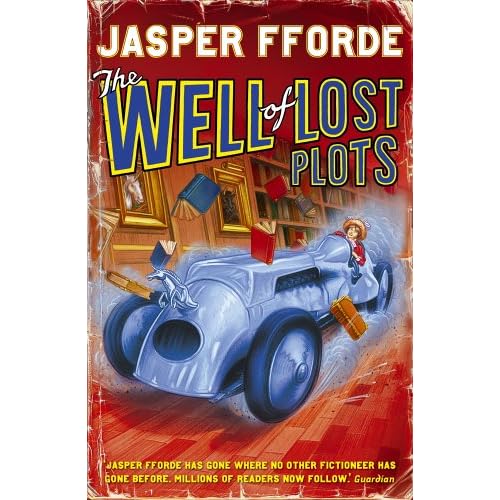 To loose the plot of something is to go a little crazy to be totally out of touch – I’m not suggesting Mr. Fforde has gone that far, but the plotting of the story does suggest a little desperation and there are a couple of details that add to an inconsistency that is not comfortable for the reader.
To loose the plot of something is to go a little crazy to be totally out of touch – I’m not suggesting Mr. Fforde has gone that far, but the plotting of the story does suggest a little desperation and there are a couple of details that add to an inconsistency that is not comfortable for the reader. I cut my literary teeth on
I cut my literary teeth on  About three weeks ago I picked up ‘
About three weeks ago I picked up ‘
